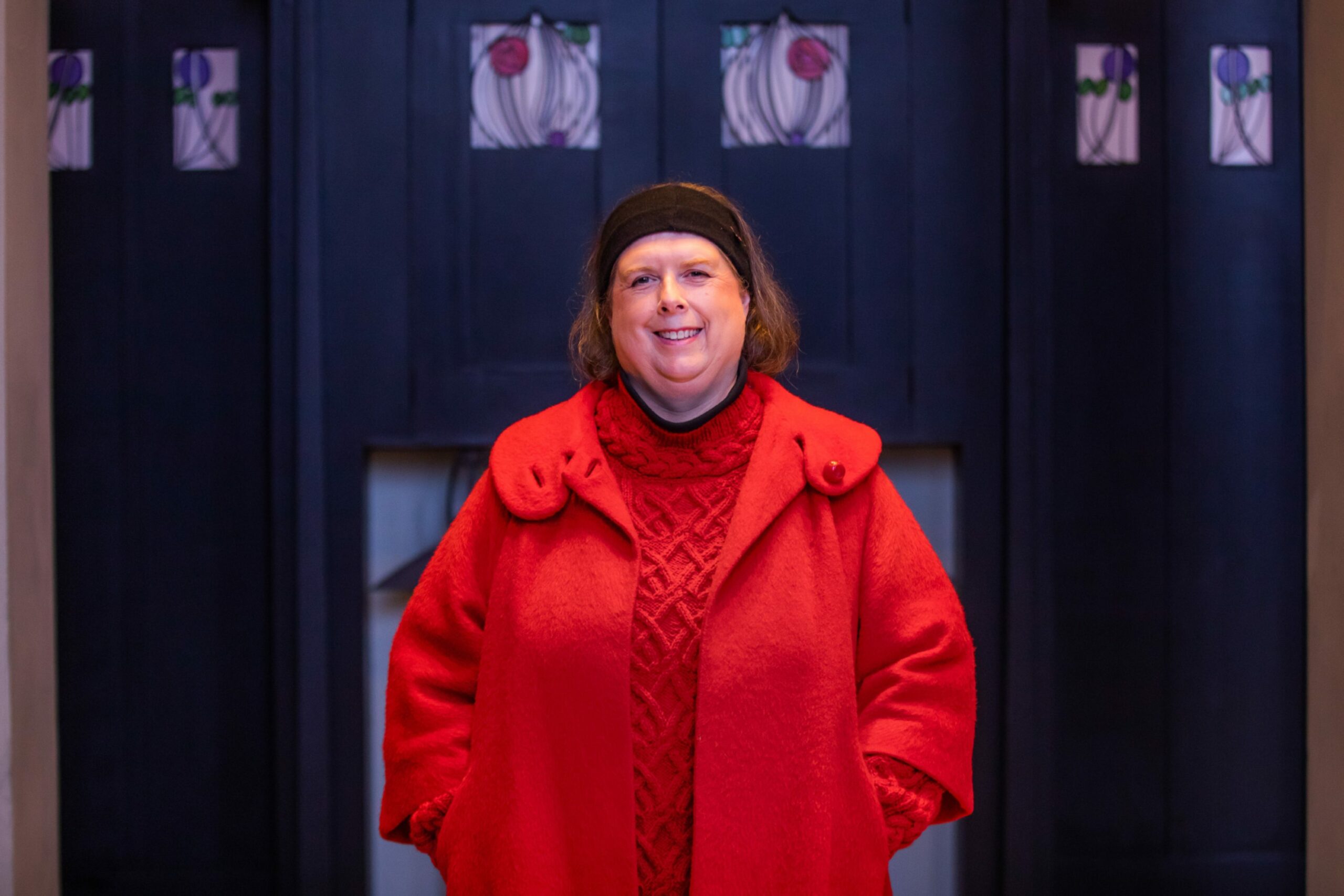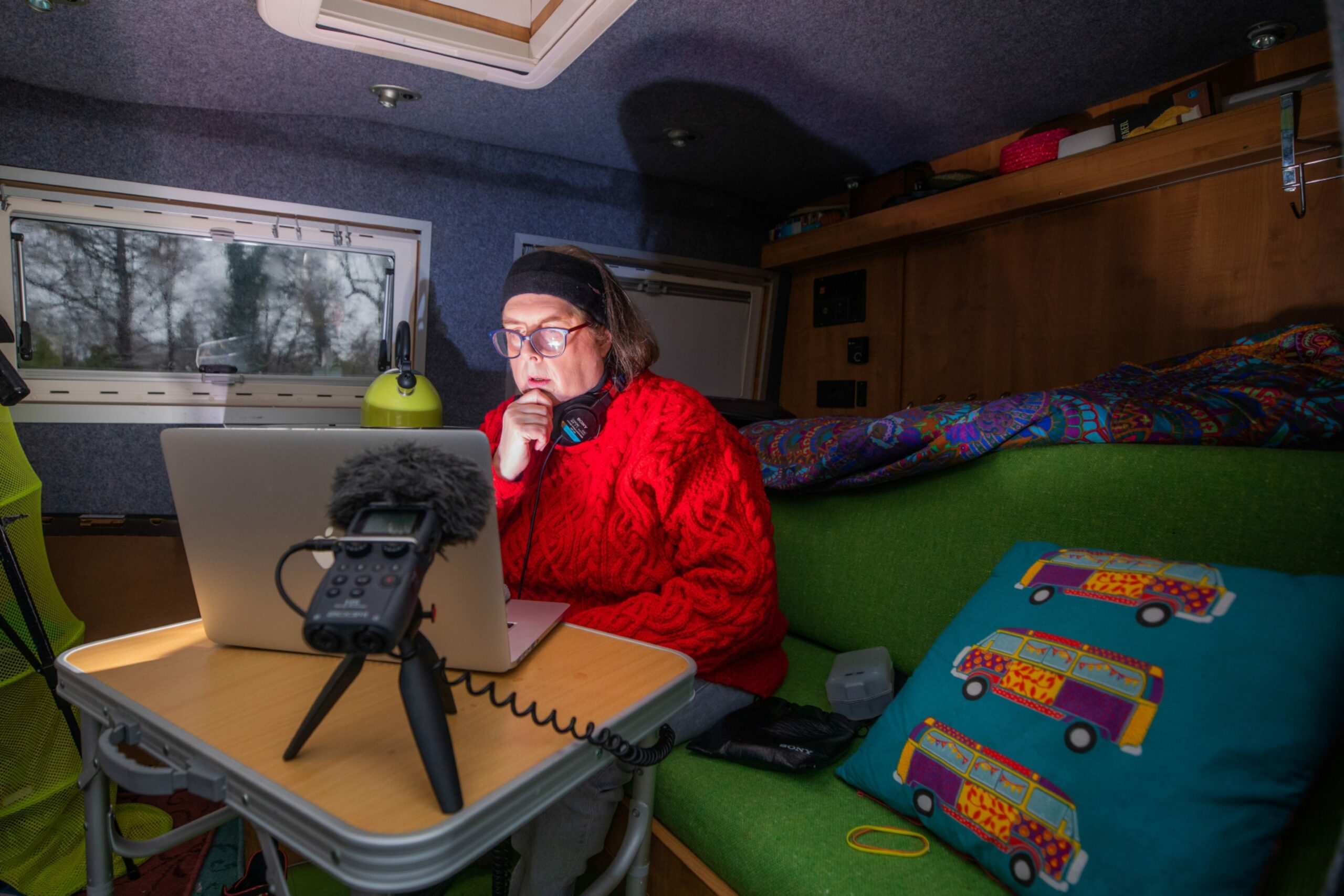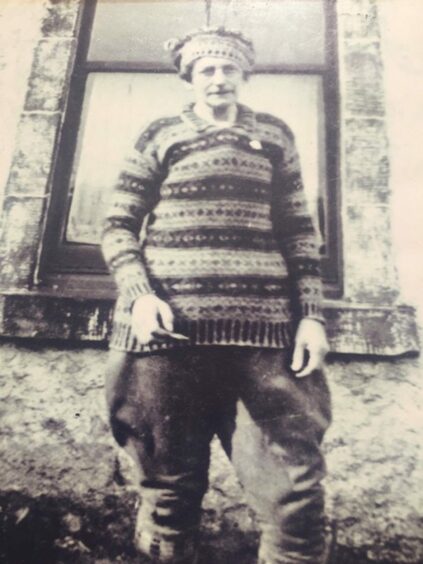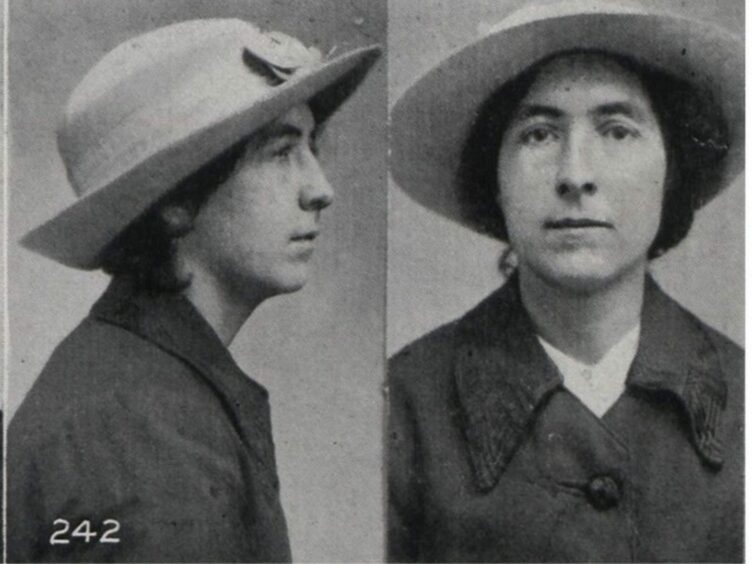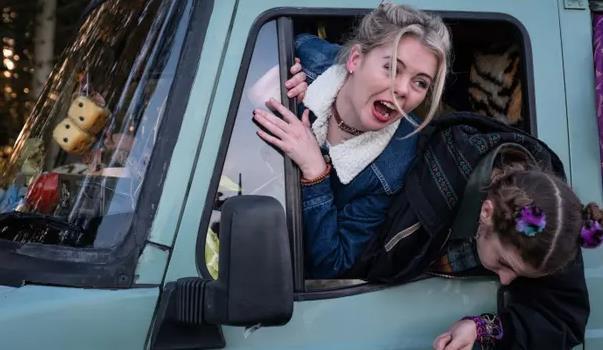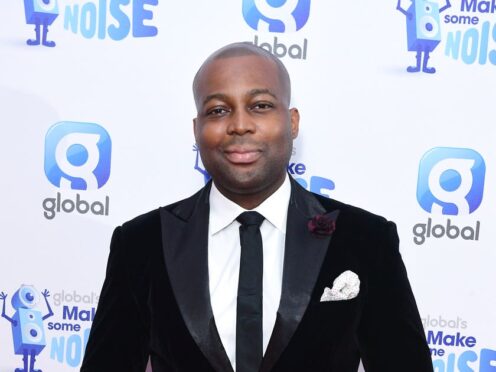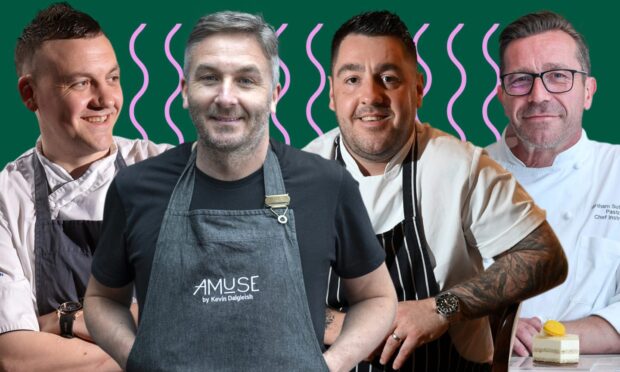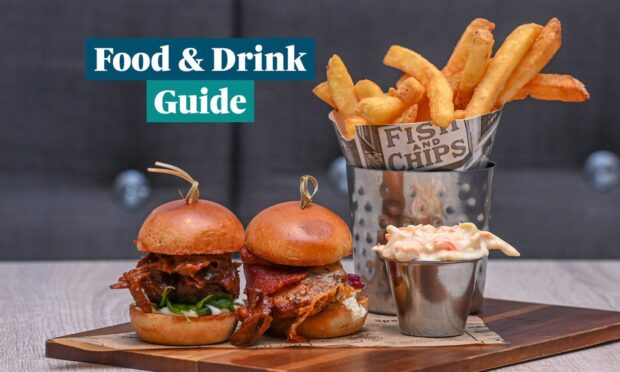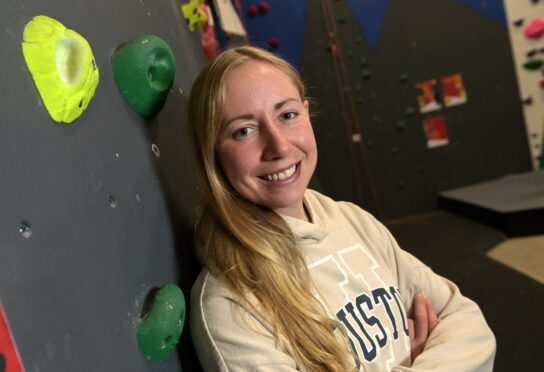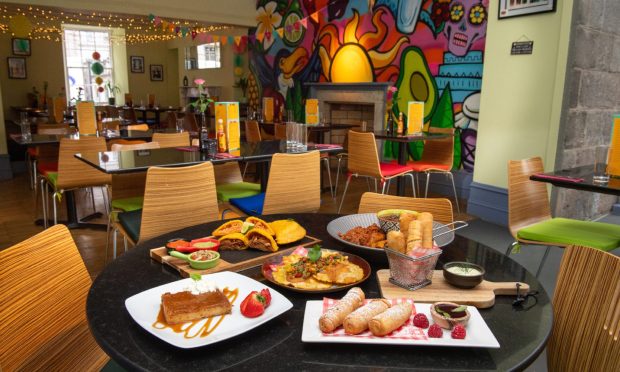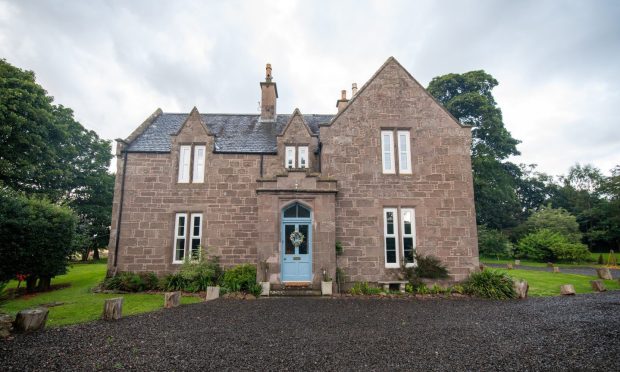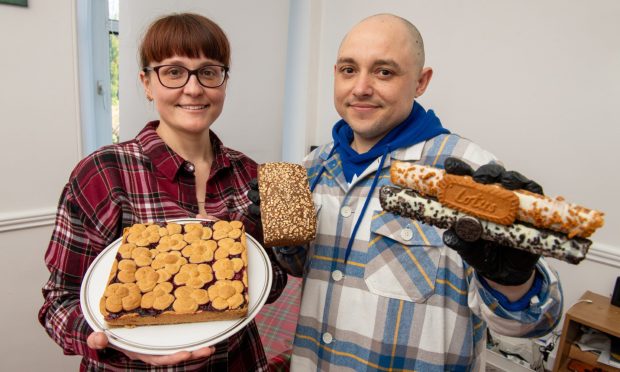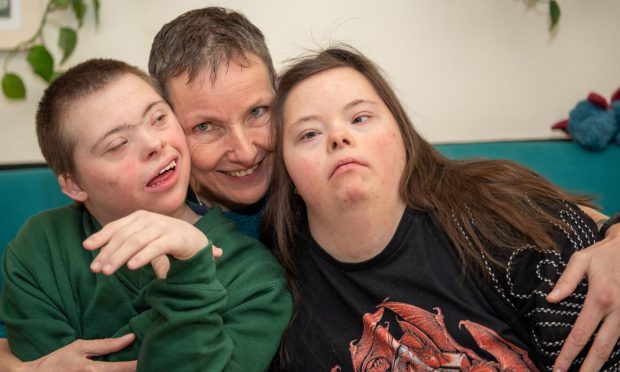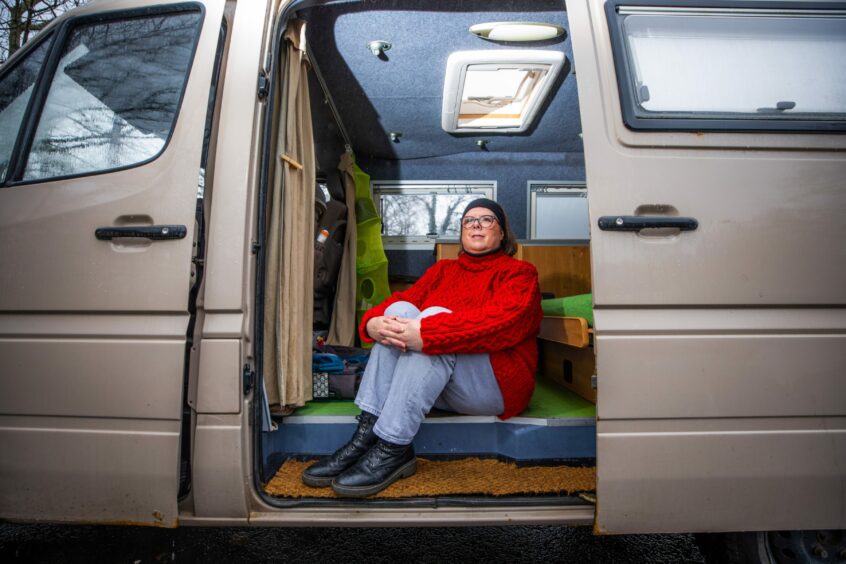
It was an idea which sprung to life in lockdown – and which is now chronicling some of the stories about Highland women who had slipped into obscurity.
Have you heard, for instance, about Mary Marjory MacDonald, from Ullapool, who was orphaned as a child and became a successful jewel thief in London’s high society?
Or Beatrice Garvie, one of the first females to qualify as a GP who spent 15 years in North Ronaldsay in Orkney where she was never without her camera – recording a host of memories on the island in all its different guises in the first half of the 20th century?
They, and many others, had effectively been airbrushed out of history, but not any longer. And why? Because Pauline Moore, a former BBC producer, prodigious podcaster and her colleagues at XpoNorth and Museums and Heritage Highland (MHH) have joined forces to bring these women’s exploits back into the spotlight.
And this is a project with near-infinite potential to expand in the years ahead.
Unforgotten Highland Women has been launched as a short podcast series, recorded at live events across the Highlands. And after Pauline was commissioned by MHH to host the sessions, share the stories with local communities and hold information gathering sessions to help complete the picture, they have been released on The Big Light – Scotland’s podcast network – as compelling slabs of social history.
She told me: “Emerging from the pandemic, there was a lot of talk about how to get people to come back into museums and heritage centres again. This is how the idea came about to make the recording of the episodes into events. Anyone could come along to find out more, ask questions and maybe contribute to the story.
“I have an old camper van and this became my accommodation/office/transport for two weeks last summer. Nicola Henderson of MHH and I worked closely together to plan how we could make a pilot series with around five or six stories which would work well for a round trip and would give a variety of stories spanning different times.
The first was a tragic story
“The first of these was sparked by Jessica Fox, of XpoNorth, who had heard a story from Dr Nick Lindsay of Clyne Heritage Society, which he had been researching.
“Caroline Ross was a schoolteacher who came to the primary school at Doll, outside the village of Brora, in the early 1930s. Nobody knew, but she was eight months pregnant at the time and gave birth of a baby which was later found dead.
“She was arrested and charged with child murder. The case was heard in Inverness and caused quite a sensation at the time. It was such a sad story, but one with an interesting twist when the trial concluded – which I won’t give away here.”
The touchpaper had been lit. And the concept came on in leaps and bounds thereafter.
These are people coming back to life
Pauline, who has also worked on the Talking Derry Girls podcast, has been grateful for assistance from various groups and the wider public for their involvement in what is an unfolding narrative. And, though she has already spent a lot of time on the podcasts, she recognises there is so much more to be unearthed.
She added: “There was always something in each of the stories which drew me in and some felt a bit more complete than others.
“Mary Marjory MacDonald feels very much like a story in progress.
“Siobhan Beatson – curator at Ullapool Museum – has been digging through newspaper reports, census material and court reports to find out more, but there is still a gap about the people who vouched for Mary Marjory when she was incarcerated and offered to take her into their homes and rehabilitate her, which has yet to be discovered.
What did Ullapool folk think of her?
“There is also more to uncover about her motives. Was she a daredevil opportunist who did it [the thefts] for the thrills or was there something more which drove her to such extremes and risky behaviour?
“There’s also the fact that the police believed it was the work of an American criminal gang – how could it possibly have been the work of a woman on her own? And there is more to be discovered about what local people in Ullapool thought about her.
“I was also intrigued by Dr Garvie who was the GP on North Ronaldsay for 16 years in an era when there were very few women doctors. In fact, it has been discovered that she might well have been amongst the first women to have been trained as a GP.
“She was also an avid photographer capturing everyday life on the island. There is a rich archive of her photos and people who can talk about knowing her. I did make a brief visit to North Ronaldsay and did some interviews with people who remembered her. This will be included in a possible follow-up story.
“Fiona Sanderson – an artist and researcher – has been unfolding this story and we hope to follow her progress at a later date as it develops.”
We can build this up in the future
It’s a savoury blend of citizen journalism melded with the experience Pauline gleaned from her years of production on such programmes as The Lesley Riddoch Show and Good Morning Scotland. And it is accompanied by her thirst for knowledge and the desire to delve after the fashion of an archaeologist into uncharted territory.
After all, the archives are full of snippets of tantalising information about extraordinary women whose achievements were not properly highlighted while they were alive.
But that doesn’t mean they can’t be acclaimed on a posthumous basis.
This is happening all across Scotland
As Pauline said: “These stories were recorded for audio podcasts with some photographs. But visual aspects are a strong possibility and, in some cases, they are already happening. Not just filming but displays, pictures and different art works.
“There’s a lot of interest in delving into local history and it’s great that this is happening across Scotland. The year of Stories [in 2022] was a great initiative to focus on such projects and it’s terrific that the funders recognised and supported this.
“As Unforgotten Highland Women is being driven by museums and heritage centres, it means the research is top class and given the right treatment in whatever ways the stories are told and also a record of how they have been uncovered and treated.
“So we aren’t only telling the stories, but maybe having some role in finding out new information in the future. Podcasts have the ability to travel far and wide. People listening can respond with new information which can inform further episodes.”
In short, it’s a work in progress. But Pauline has done a tremendous job in switching on the tap. Let’s hope there is a rich well of knowledge waiting to rise to the surface.
Further information and the podcasts can be accessed at: www.thebiglight.com/unforgottenhighlandwomen
FIVE QUESTIONS FOR PAULINE MOORE
1)What book are you reading? “The Raptures by Jan Carson”.
2)Who is your hero/heroine? “I have several, but at the moment, it’s Lisa McGee, the creator of Derry Girls”.
3)Do you speak any foreign languages? “I am terrible at languages, but I can struggle my way through French (badly)”.
4)What’s your favourite band or music? “The Blue Nile”.
5)What’s your most treasured possession? “Harris – my Camper van”.
